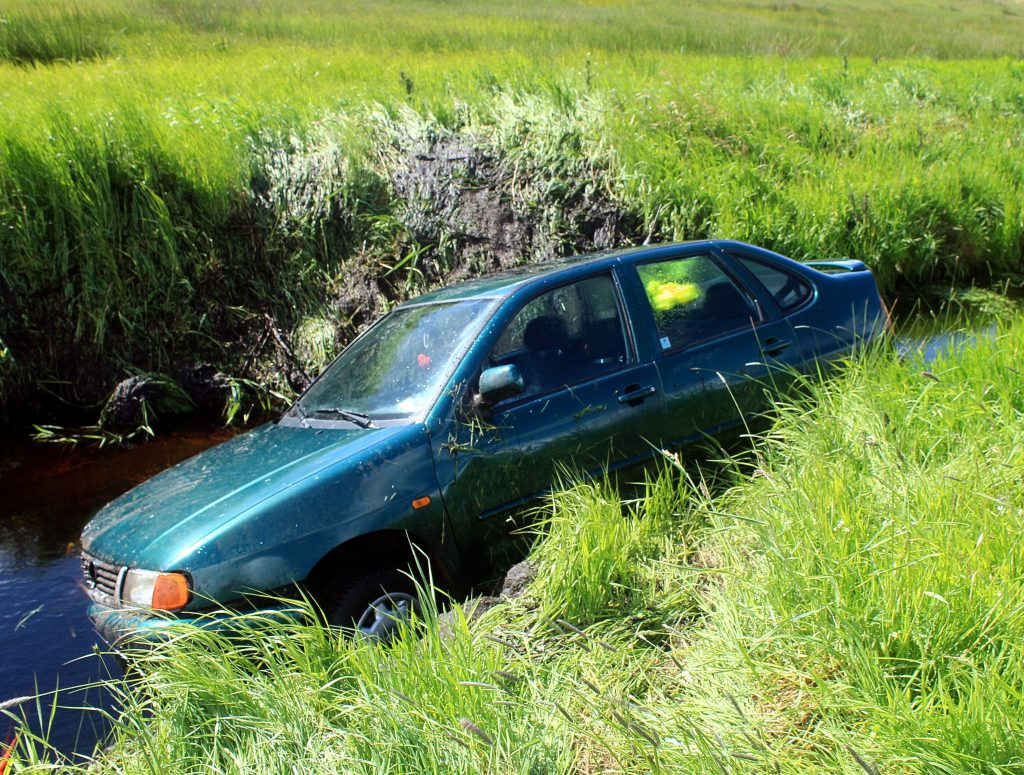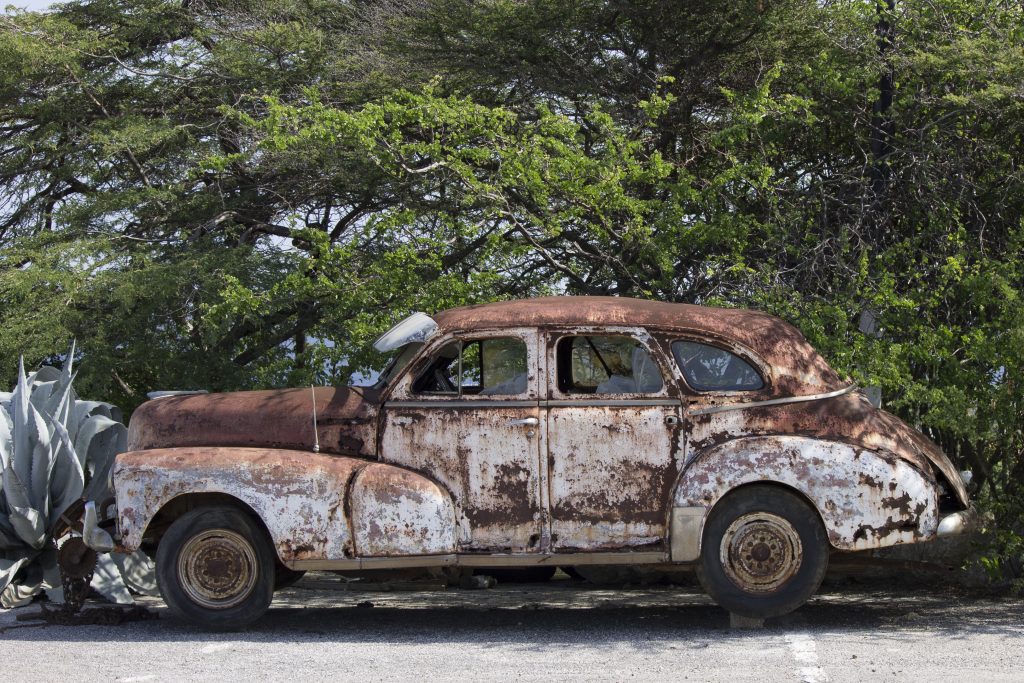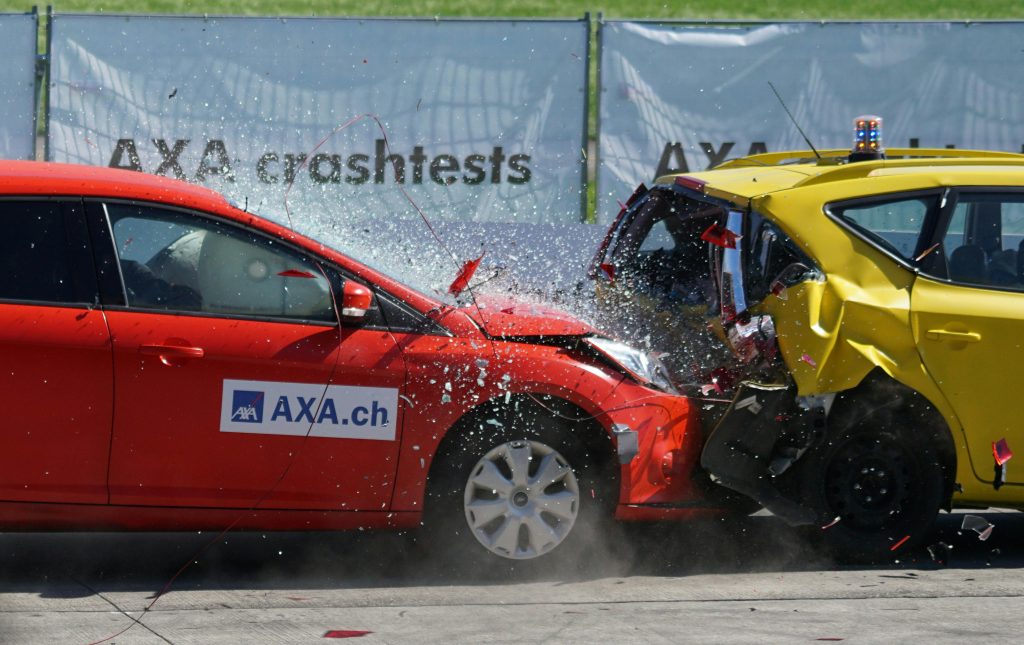 After being involved in a motor vehicle accident, you will likely be left with various damages, including medical injuries. Although you may assume insurance will cover all of your injuries and related damages, this is not always the case. The following Ouachita Parish case demonstrates the importance of understanding your policies and legal rights when it comes to motor vehicle insurance claims and of hiring an experienced attorney if you are left unsure of these rights.
After being involved in a motor vehicle accident, you will likely be left with various damages, including medical injuries. Although you may assume insurance will cover all of your injuries and related damages, this is not always the case. The following Ouachita Parish case demonstrates the importance of understanding your policies and legal rights when it comes to motor vehicle insurance claims and of hiring an experienced attorney if you are left unsure of these rights.
Alcender Williams, Jr. was injured while crossing an intersection and being hit by a motor vehicle. Williams subsequently filed a claim to the insurance company of the vehicle’s owner, Sharon Davis, where he and the company, Progressive Security Insurance (hereinafter referred to as Progressive), agreed to a settlement amount; Williams, however, resided with his mother, Bernadene Hubbard, at the time of the motor vehicle accident, and reserved his rights under her uninsured/underinsured motorist insurer Affirmative Casualty Insurance Company (hereinafter referred to as Affirmative). He then filed a claim asserting the limits of the Progressive policy was not enough to compensate him for his various damages. Williams’ claim was then rejected by Affirmative, who argued he was not included as a driver under the policy.
Williams then filed a lawsuit against Affirmative, where the trial and appeal courts found in favor of his claims for coverage. Affirmative was subsequently declared insolvent and, as a result, Louisiana Insurance Guaranty Association (hereinafter referred to as LIGA) took over the discharge of its obligation with regard to claims as provided by law.
 The following case deals with the important legal concept of prescription (similar to a statute of limitations) and the rules for adding new parties to a lawsuit after the deadline has passed.
The following case deals with the important legal concept of prescription (similar to a statute of limitations) and the rules for adding new parties to a lawsuit after the deadline has passed. Louisiana Personal Injury Lawyer Blog
Louisiana Personal Injury Lawyer Blog


 The following case explores the concept of “permissive use” in the context of uninsured/underinsured motorist (UM) insurance coverage. Specifically, it examines whether a son, given a company truck for work and personal use, had the authority to grant his father permission to drive the vehicle, thereby extending UM coverage to the father under the company’s policy.
The following case explores the concept of “permissive use” in the context of uninsured/underinsured motorist (UM) insurance coverage. Specifically, it examines whether a son, given a company truck for work and personal use, had the authority to grant his father permission to drive the vehicle, thereby extending UM coverage to the father under the company’s policy. Emergency responders have a critical job, often requiring them to speed and navigate through traffic to reach those in need. But what happens when those actions result in an accident? Who’s at fault when an officer responding to an emergency collides with another vehicle? A recent
Emergency responders have a critical job, often requiring them to speed and navigate through traffic to reach those in need. But what happens when those actions result in an accident? Who’s at fault when an officer responding to an emergency collides with another vehicle? A recent  In a recent decision, the
In a recent decision, the  In the realm of personal injury law, a recent Louisiana Court of Appeal case has highlighted the potential pitfalls of multiple lawsuits arising from the same accident. The case, Wicker v. Louisiana Farm Bureau Casualty Insurance Company, et al., involved a car accident where the plaintiff, Joy Wicker, initially filed a suit through her insurer, State Farm, followed by a separate personal injury lawsuit. The defendants tried to dismiss the second suit based on the doctrine of res judicata, but the Court of Appeal overturned the trial court’s decision, emphasizing the distinct nature of the two claims.
In the realm of personal injury law, a recent Louisiana Court of Appeal case has highlighted the potential pitfalls of multiple lawsuits arising from the same accident. The case, Wicker v. Louisiana Farm Bureau Casualty Insurance Company, et al., involved a car accident where the plaintiff, Joy Wicker, initially filed a suit through her insurer, State Farm, followed by a separate personal injury lawsuit. The defendants tried to dismiss the second suit based on the doctrine of res judicata, but the Court of Appeal overturned the trial court’s decision, emphasizing the distinct nature of the two claims. A recent Louisiana Court of Appeal case sheds light on the complexities of personal injury claims following car accidents, particularly when pre-existing conditions are involved. In the case of Lewis v. Fowler, the plaintiffs were involved in a minor accident and subsequently claimed significant damages for aggravated chronic pain. However, the court ultimately ruled that their pre-existing conditions were not substantially worsened by the accident and that they had been adequately compensated by the initial settlement from the at-fault driver’s insurance. This decision highlights the importance of establishing a clear causal link between the accident and any claimed aggravation of pre-existing conditions and the challenges plaintiffs face in proving damages when their medical history is complex.
A recent Louisiana Court of Appeal case sheds light on the complexities of personal injury claims following car accidents, particularly when pre-existing conditions are involved. In the case of Lewis v. Fowler, the plaintiffs were involved in a minor accident and subsequently claimed significant damages for aggravated chronic pain. However, the court ultimately ruled that their pre-existing conditions were not substantially worsened by the accident and that they had been adequately compensated by the initial settlement from the at-fault driver’s insurance. This decision highlights the importance of establishing a clear causal link between the accident and any claimed aggravation of pre-existing conditions and the challenges plaintiffs face in proving damages when their medical history is complex. In a recent personal injury case, Latulippe v.
In a recent personal injury case, Latulippe v.  After being involved in a motor vehicle accident, you will likely be left with various damages, including medical injuries. Although you may assume insurance will cover all of your injuries and related damages, this is not always the case. The following Ouachita Parish case demonstrates the importance of understanding your policies and legal rights when it comes to motor vehicle insurance claims and of hiring an experienced attorney if you are left unsure of these rights.
After being involved in a motor vehicle accident, you will likely be left with various damages, including medical injuries. Although you may assume insurance will cover all of your injuries and related damages, this is not always the case. The following Ouachita Parish case demonstrates the importance of understanding your policies and legal rights when it comes to motor vehicle insurance claims and of hiring an experienced attorney if you are left unsure of these rights.  There are many instances when an employer may be held liable for the actions of their employees, even when the former was completely uninvolved in the tort, or wrongdoing. This scenario is referred to as vicarious liability. The court must take several factors into consideration when dealing with a vicarious liability action, as evidenced by a Caddo Parish case involving a Sheriff and his Deputy.
There are many instances when an employer may be held liable for the actions of their employees, even when the former was completely uninvolved in the tort, or wrongdoing. This scenario is referred to as vicarious liability. The court must take several factors into consideration when dealing with a vicarious liability action, as evidenced by a Caddo Parish case involving a Sheriff and his Deputy.